Elizabeth Durant | Office of the Vice Chancellor
September 1, 2023
Through the PKG Public Service Center’s social impact internships, MIT students leverage their analytical, technical, and creative problem-solving skills for public good.
Read more on MIT News
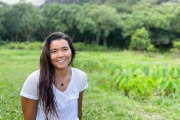
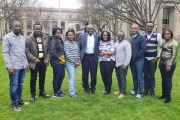
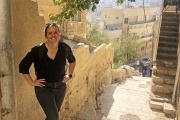

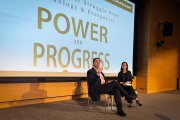


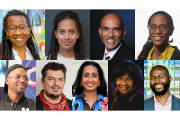

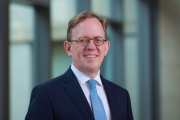
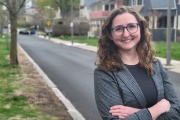
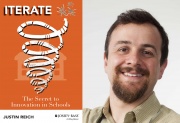

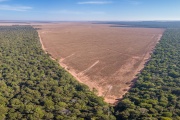

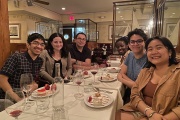
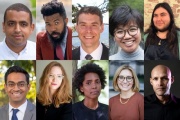
![Students collaborate with the MIT-Israel Zuckerman STEM Seed Fund awardee Leo Anthony Celi, a principal research scientist at MIT. The students "took part in a datathon [at the Technion in Haifa, Israel] and actively worked with their teams for two days. The teams were very diverse both in terms of skill sets as well as cultural backgrounds,” says Celi, who adds that the project would not have been possible without funding from the Global Seed Fund program.](https://shass.mit.edu/files/shass/styles/newsthumb/public/img/newsrss/global-seed-funds.png?itok=pTME6Q2k)
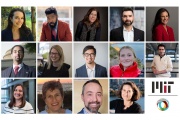
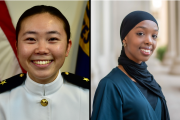
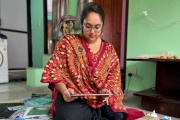
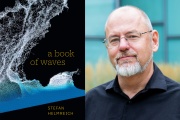


















![Students collaborate with the MIT-Israel Zuckerman STEM Seed Fund awardee Leo Anthony Celi, a principal research scientist at MIT. The students "took part in a datathon [at the Technion in Haifa, Israel] and actively worked with their teams for two days. The teams were very diverse both in terms of skill sets as well as cultural backgrounds,” says Celi, who adds that the project would not have been possible without funding from the Global Seed Fund program.](https://shass.mit.edu/files/shass/styles/newsthumb/public/img/newsrss/global-seed-funds.png?itok=pTME6Q2k)




